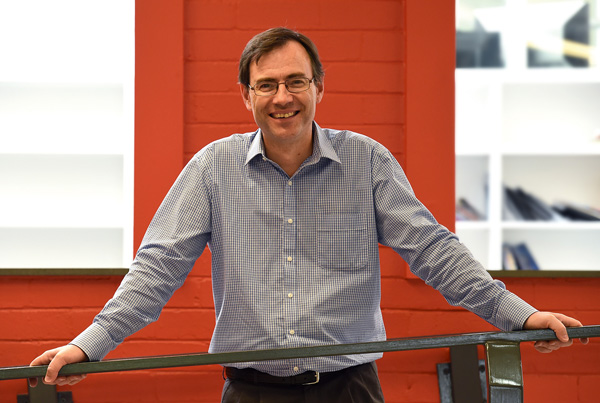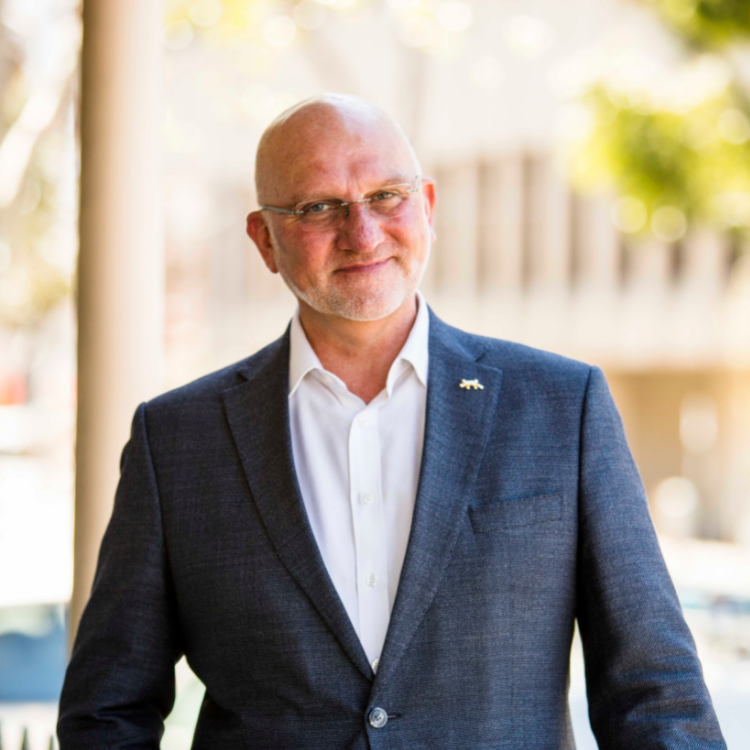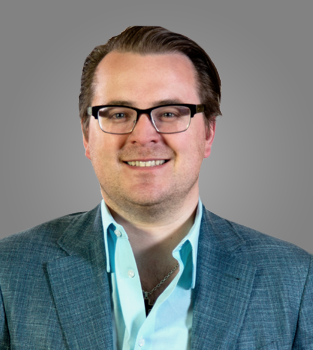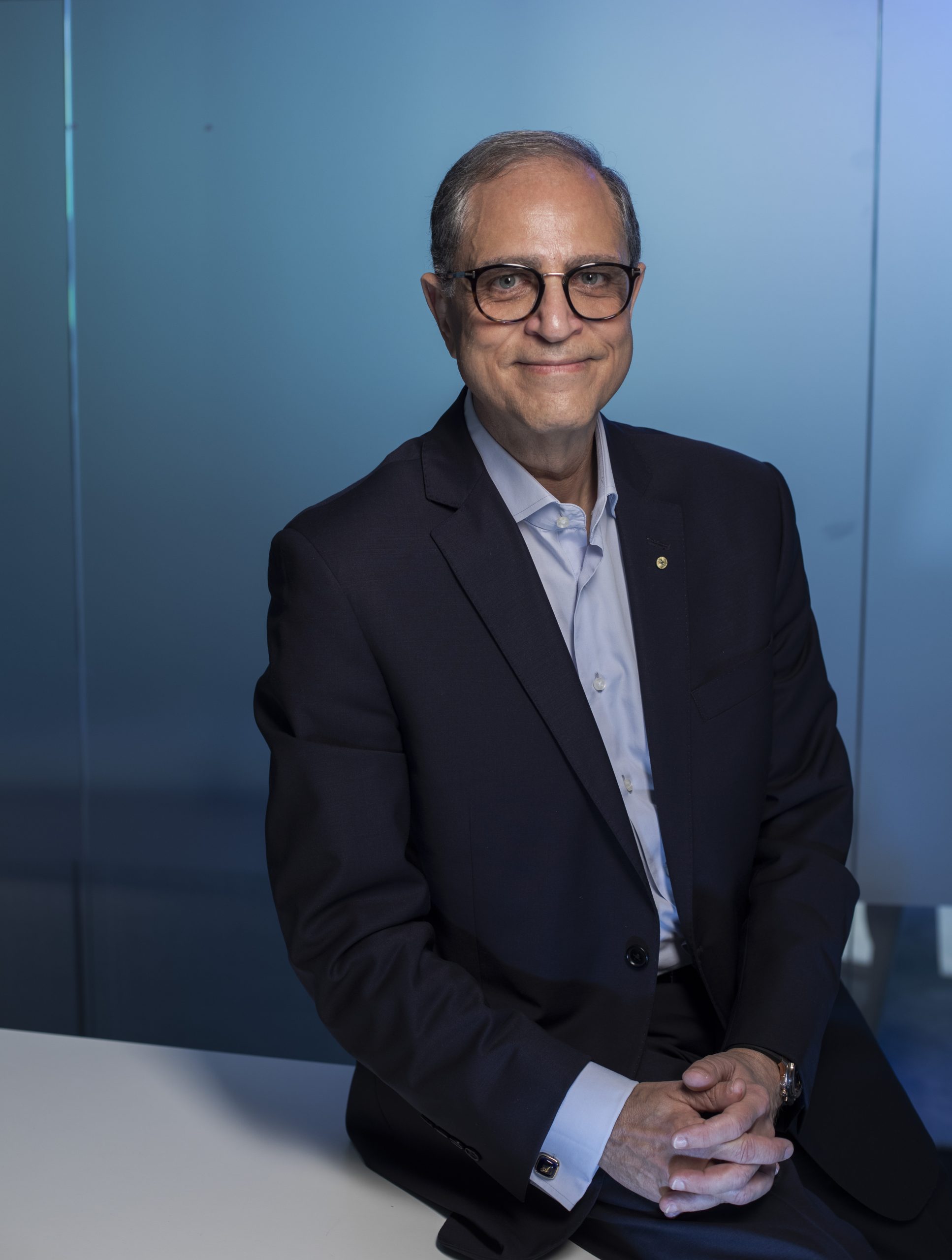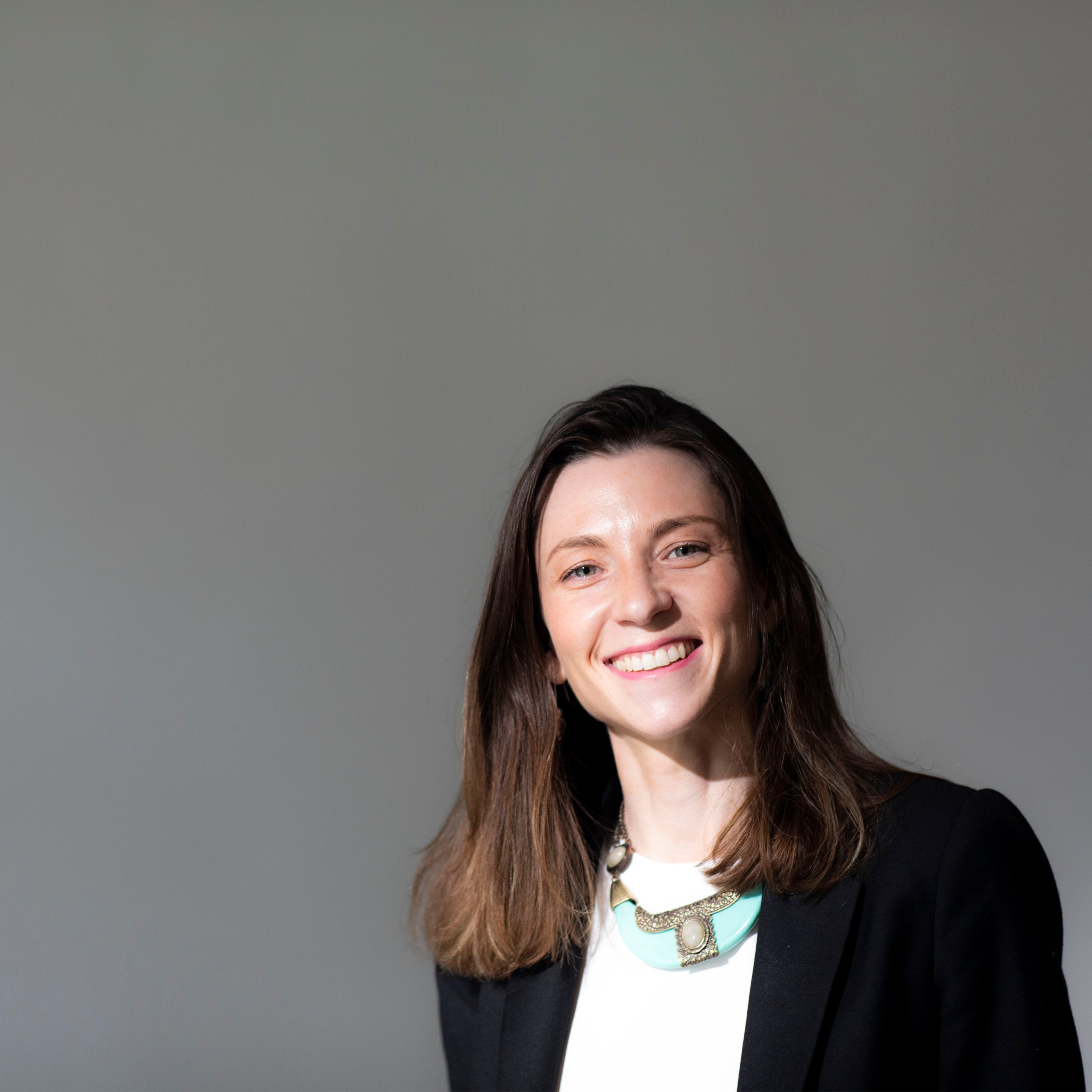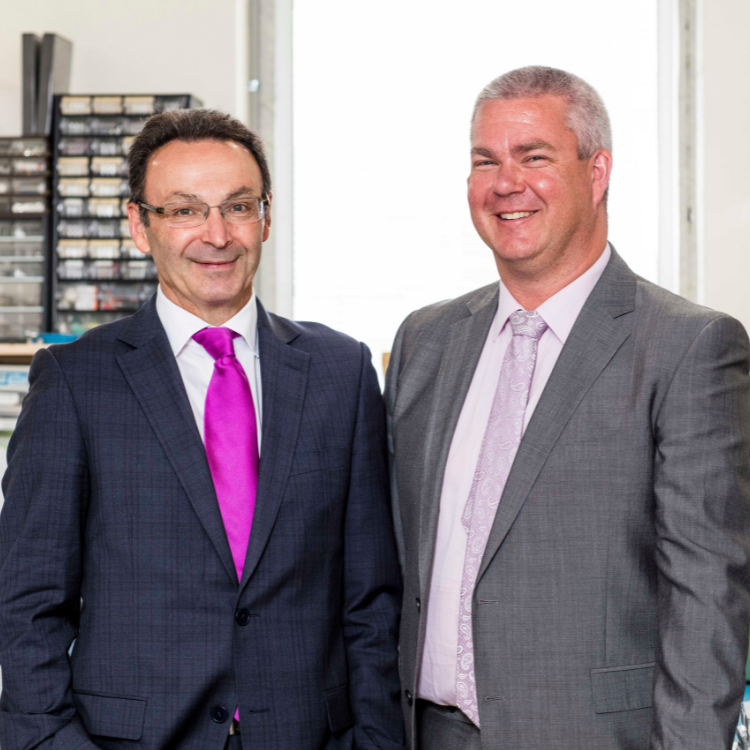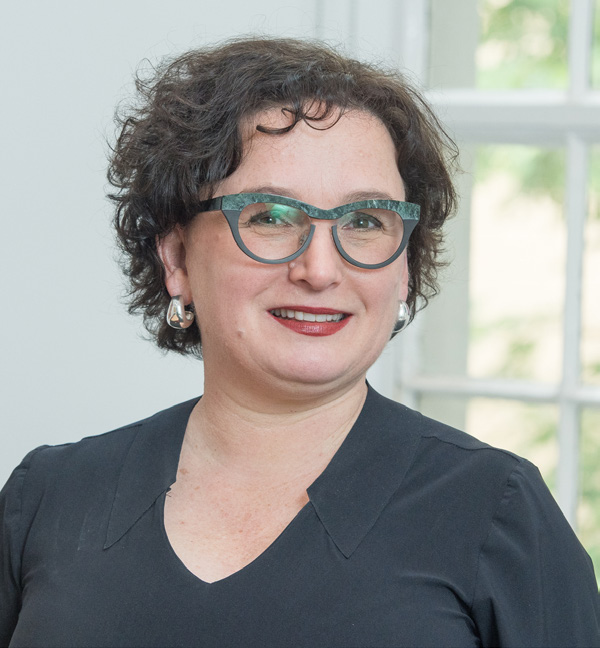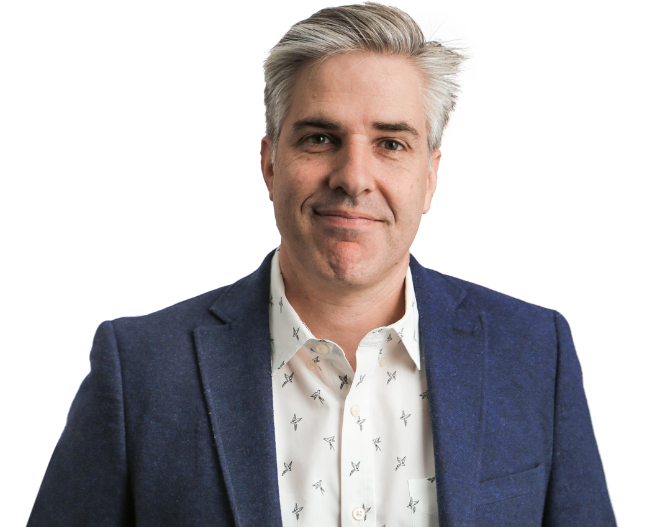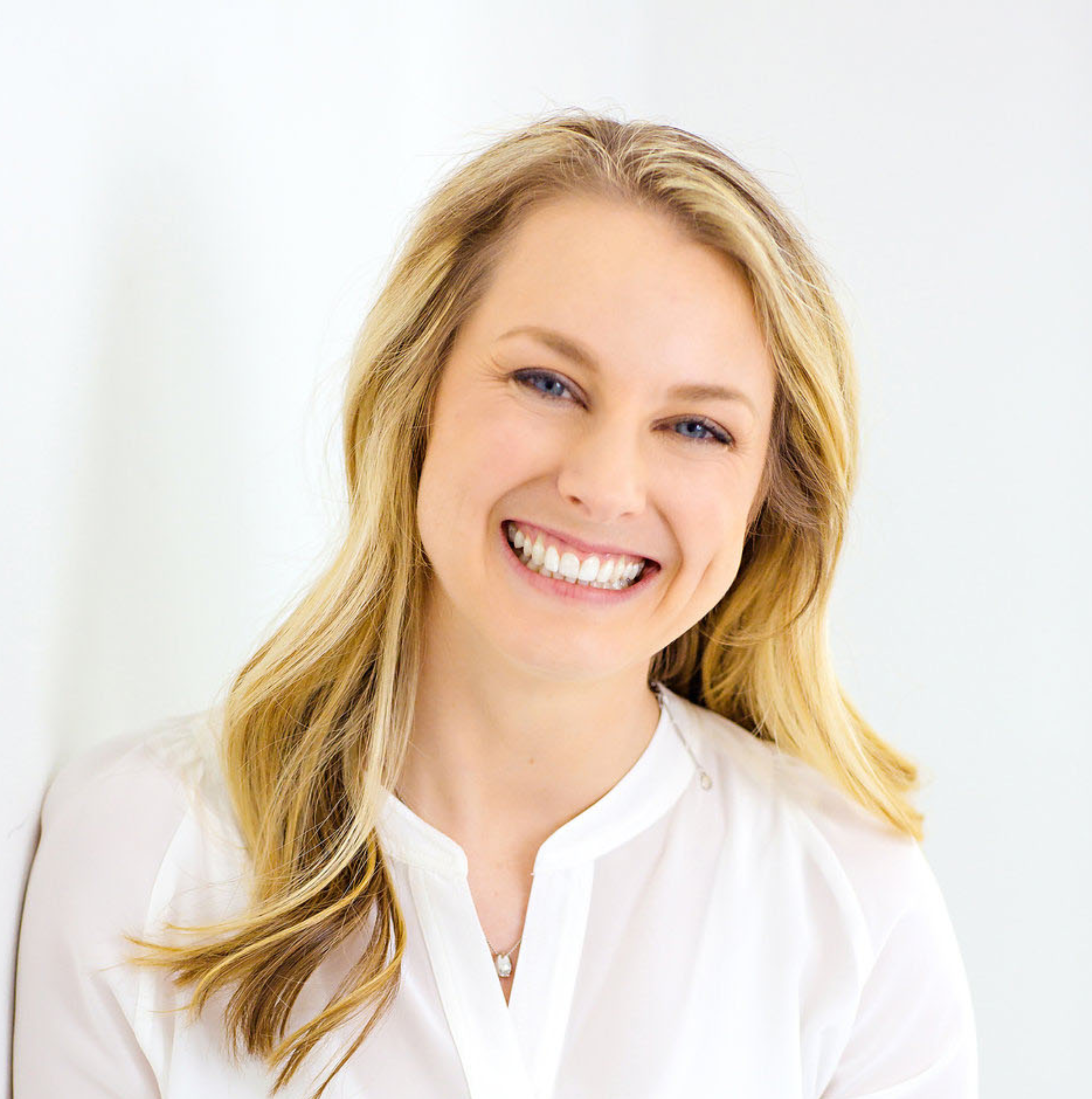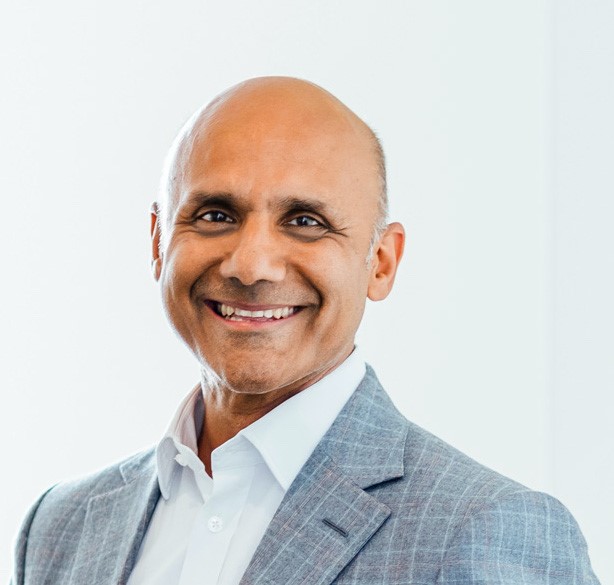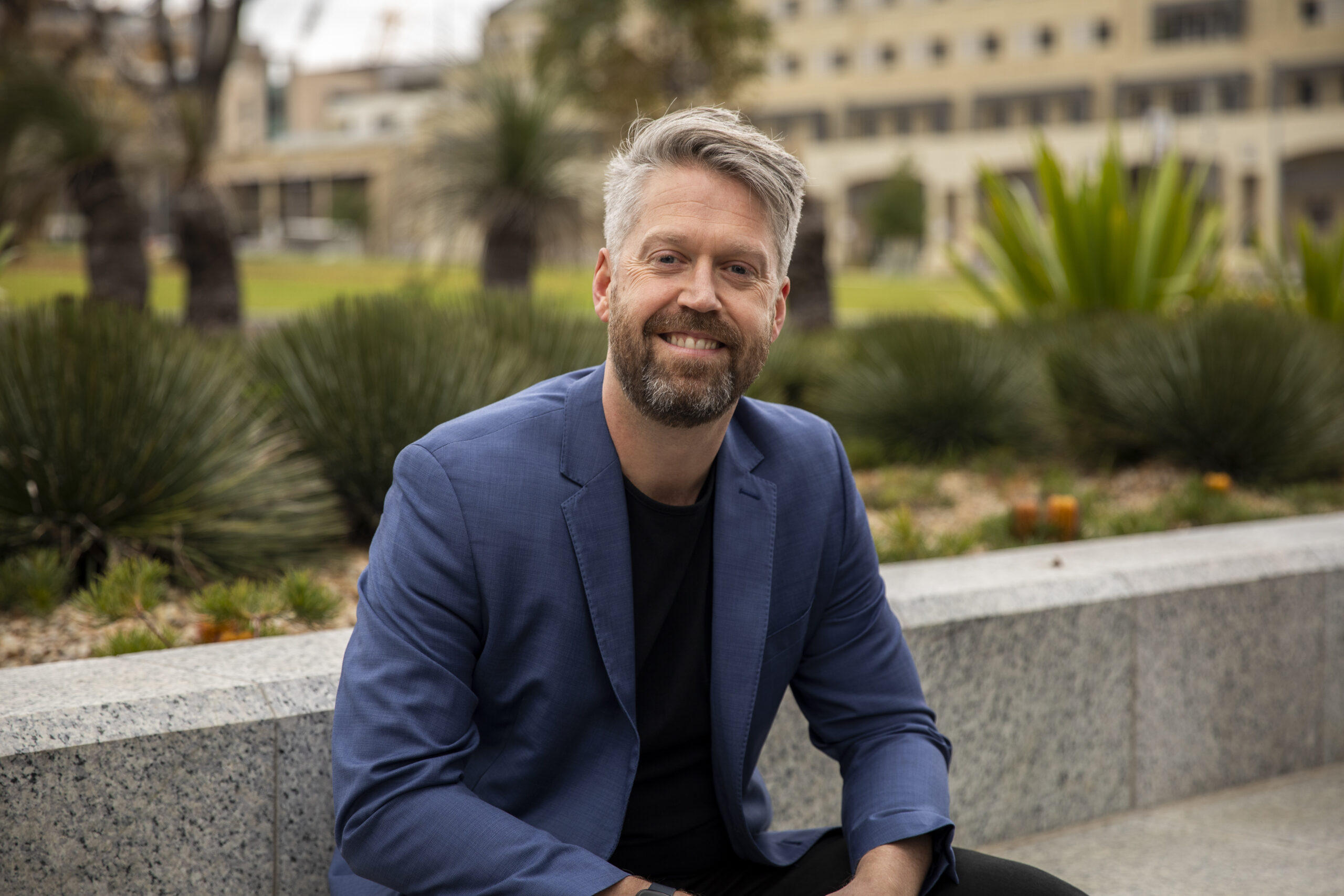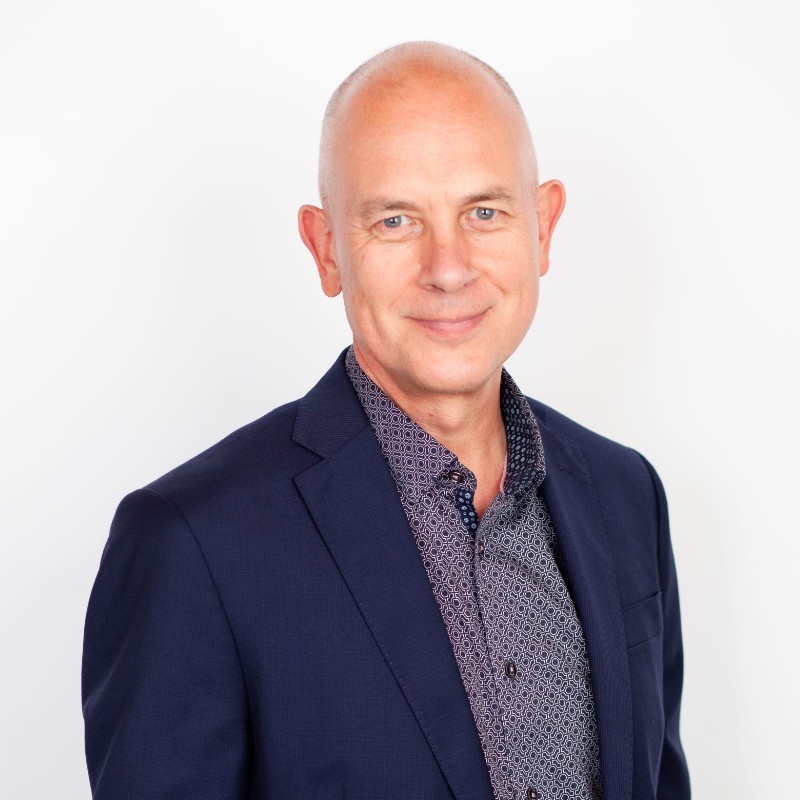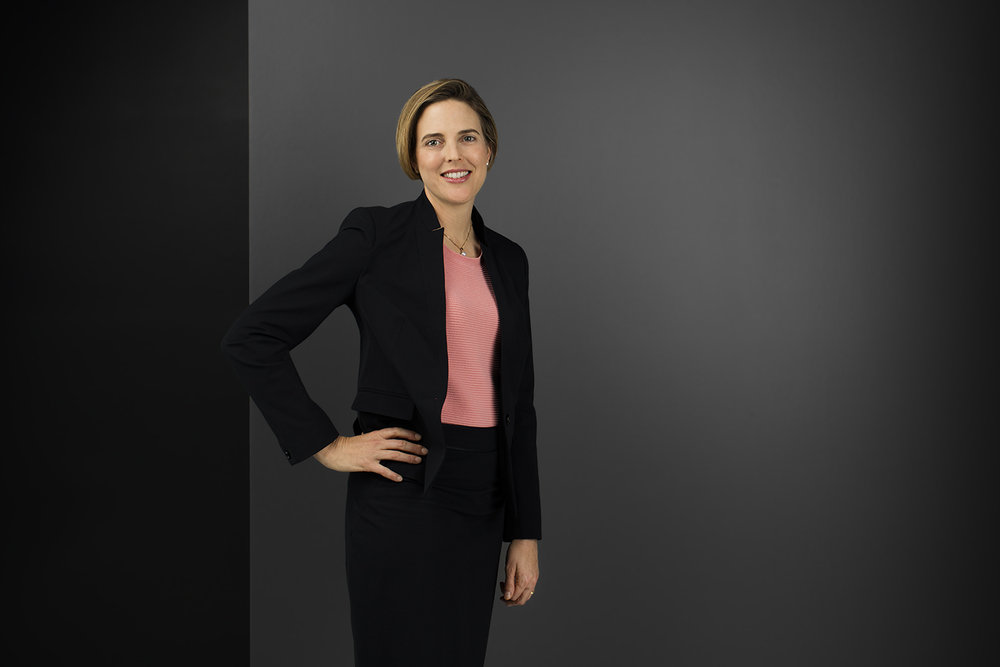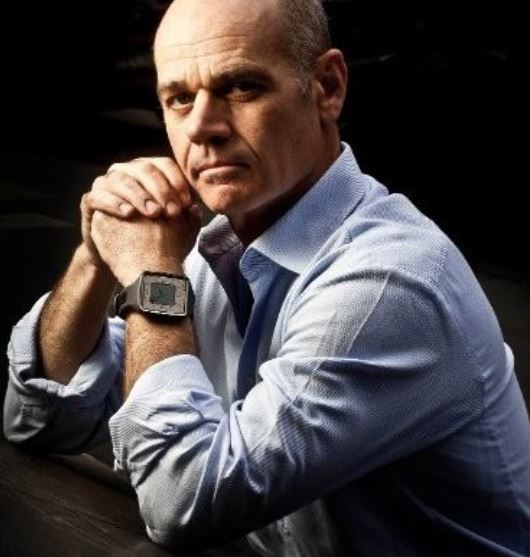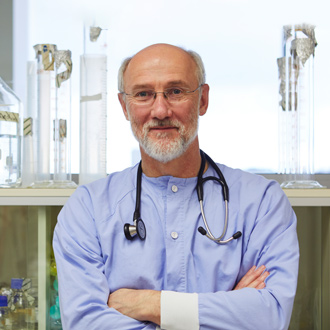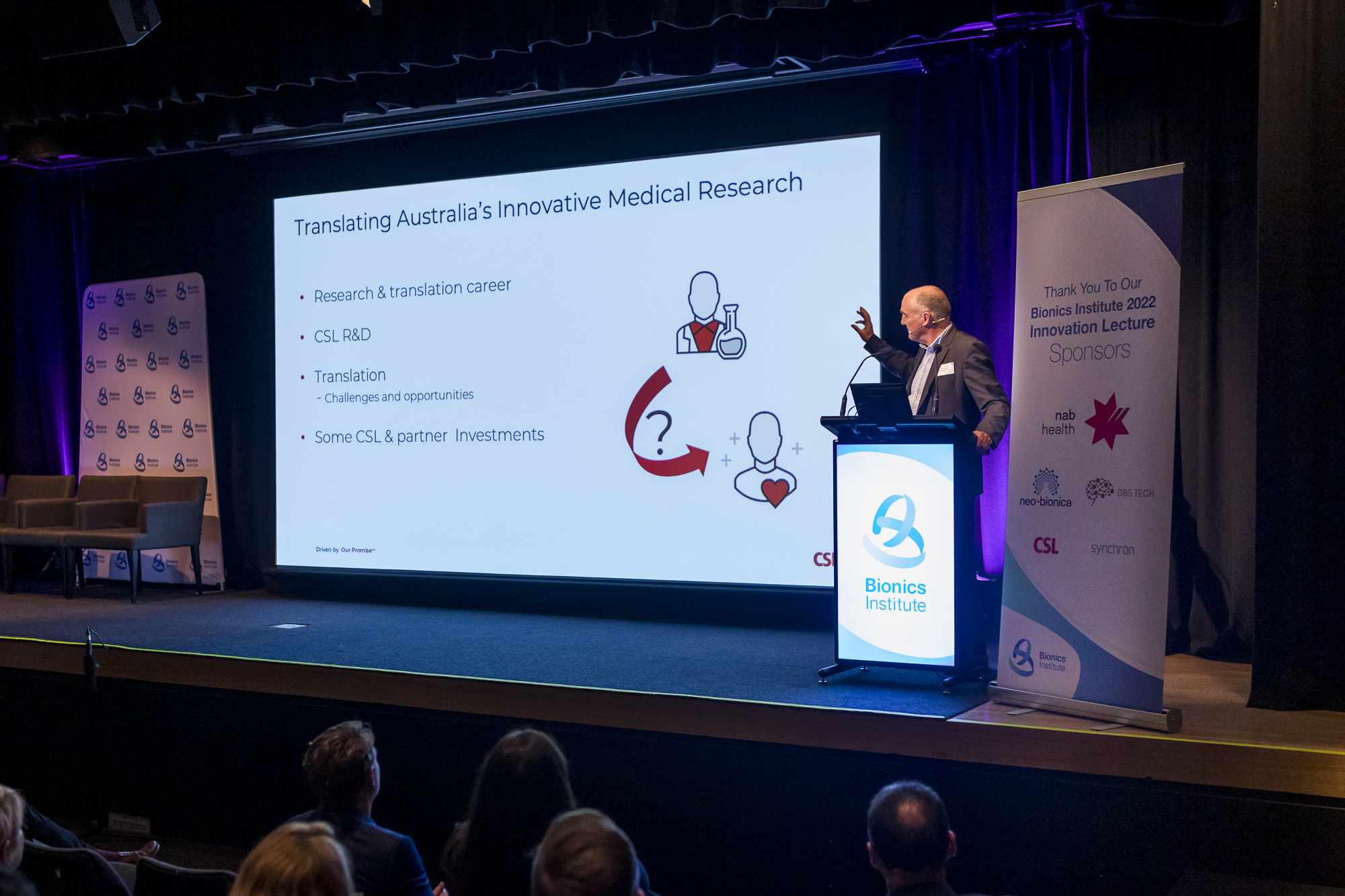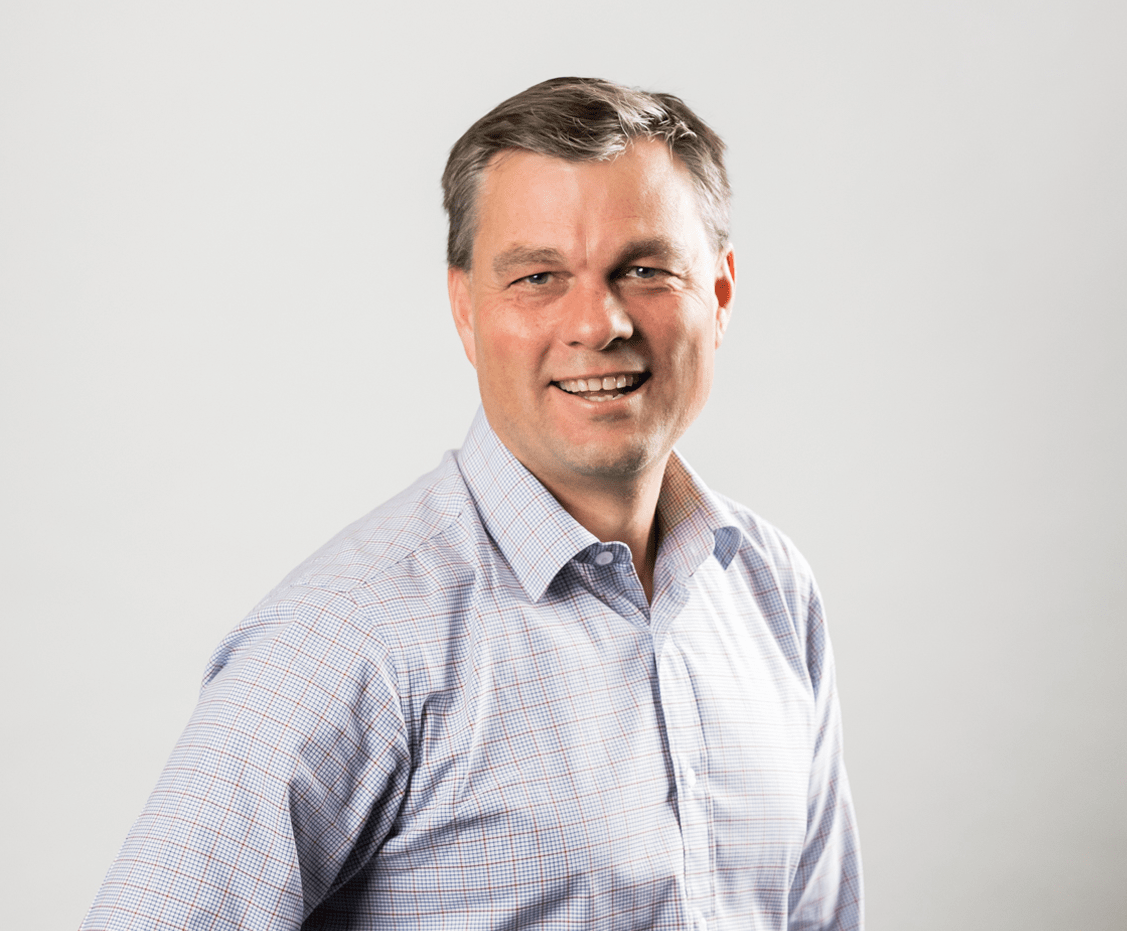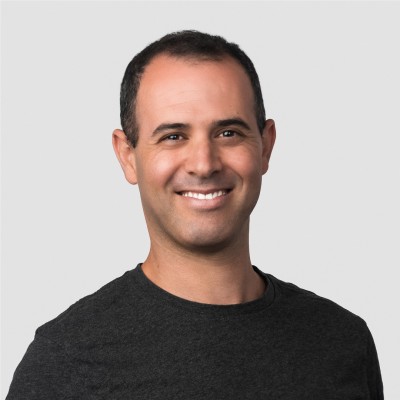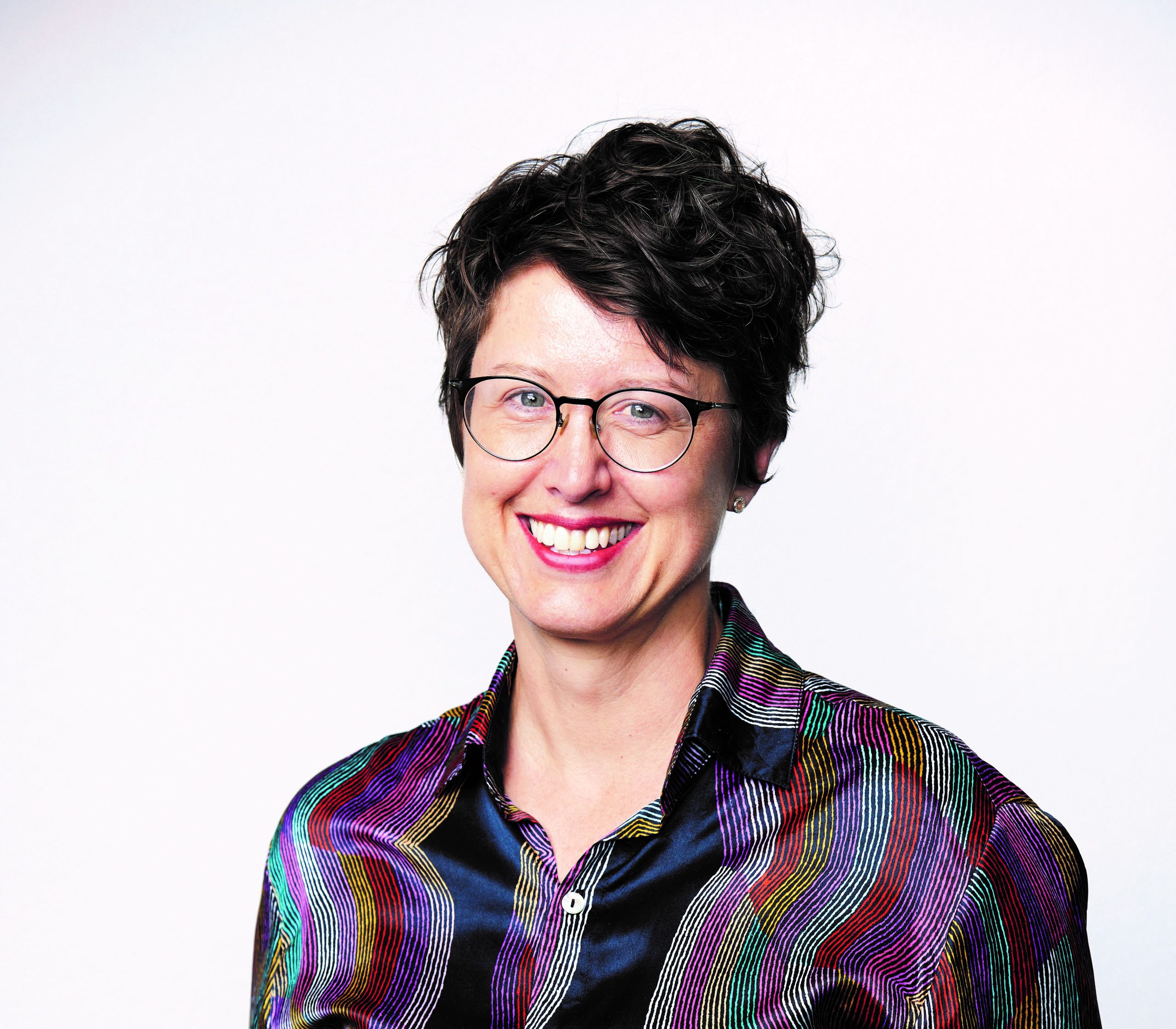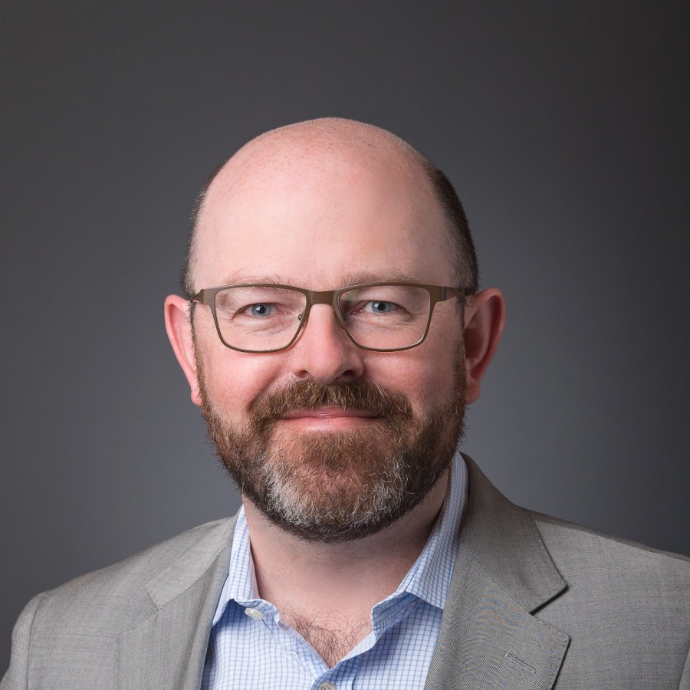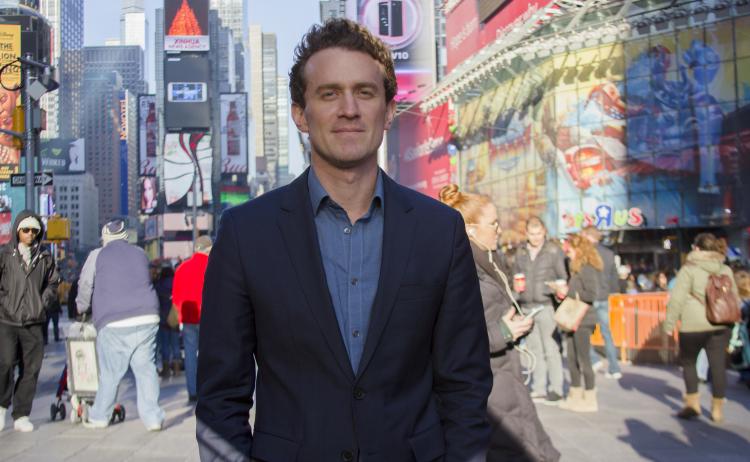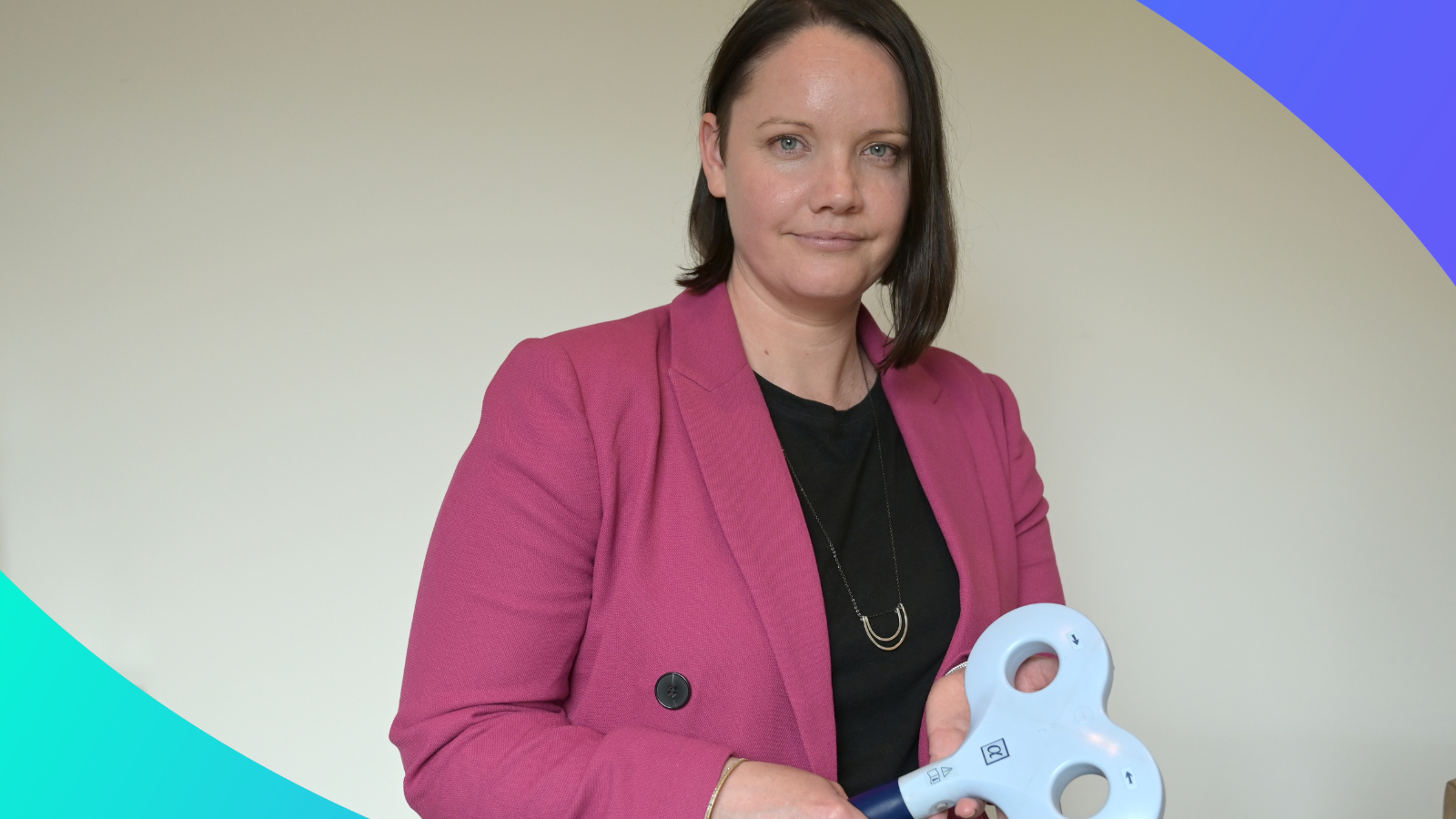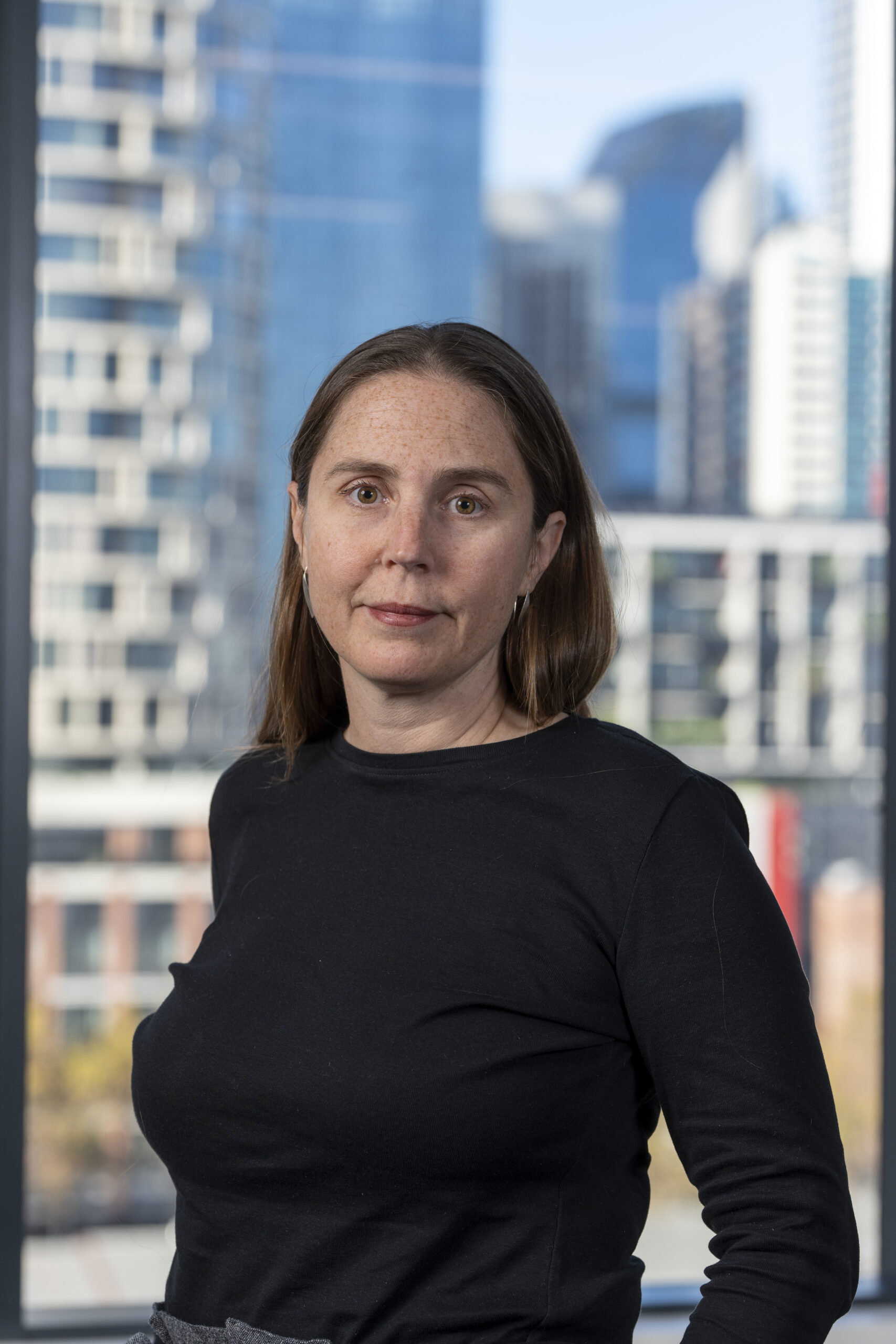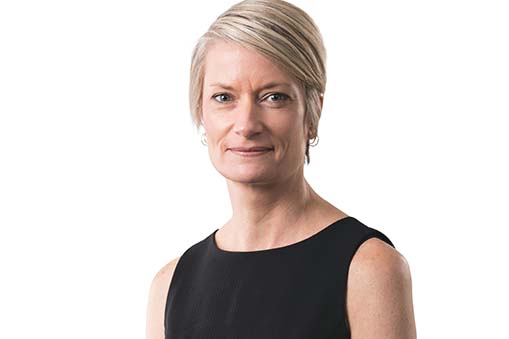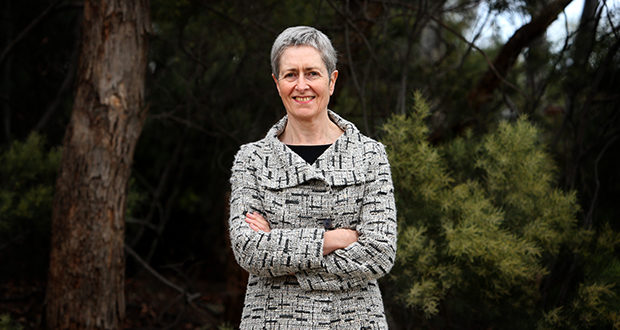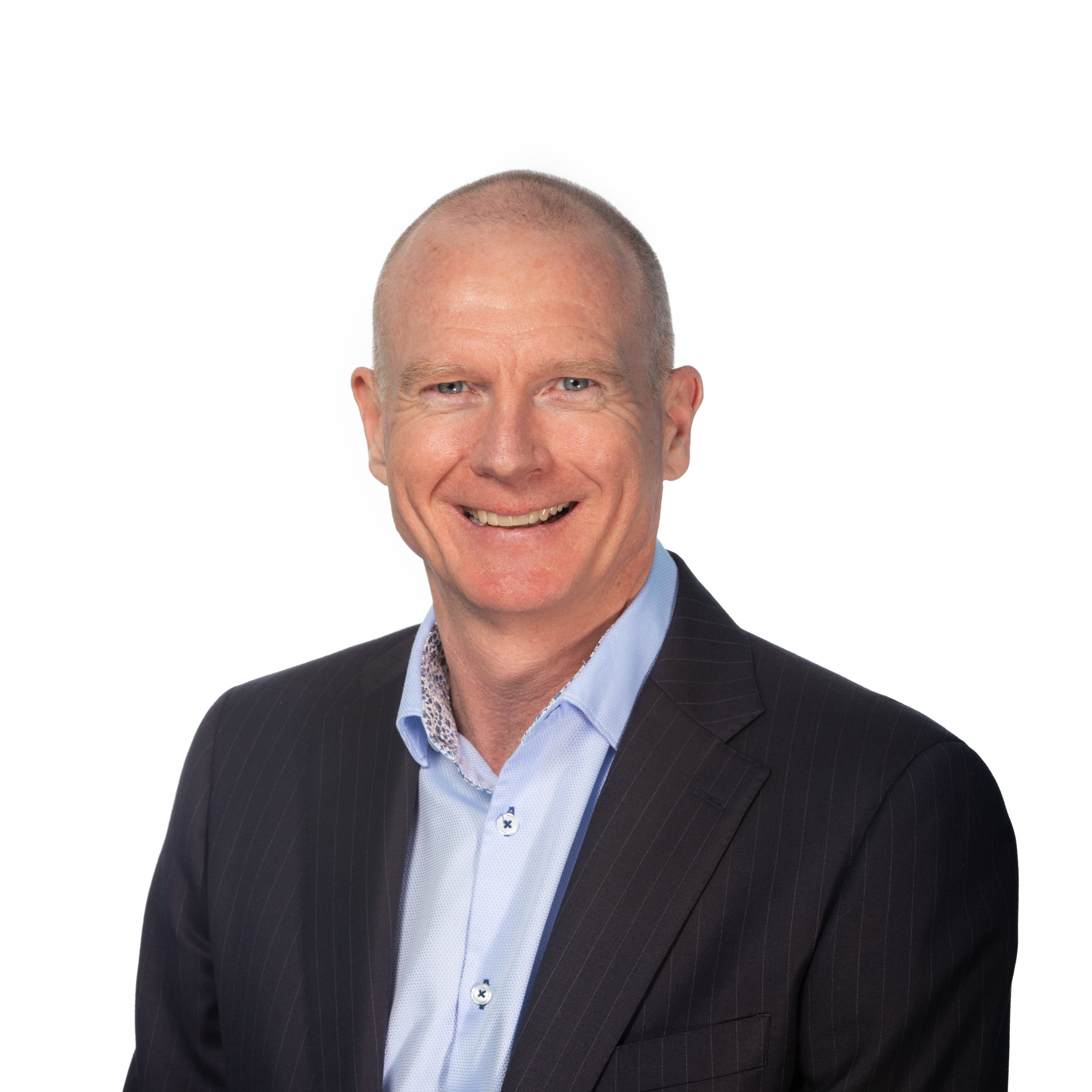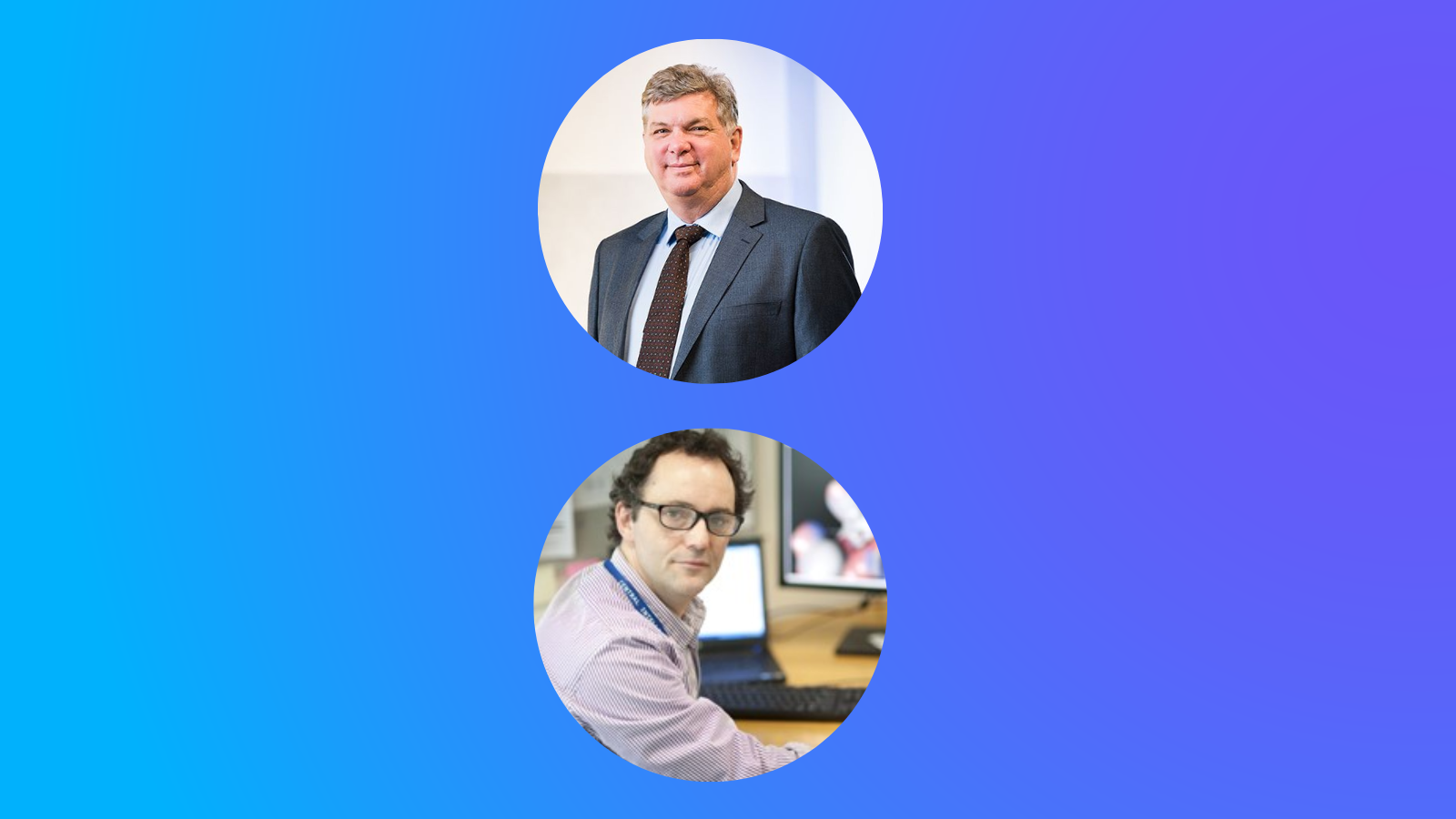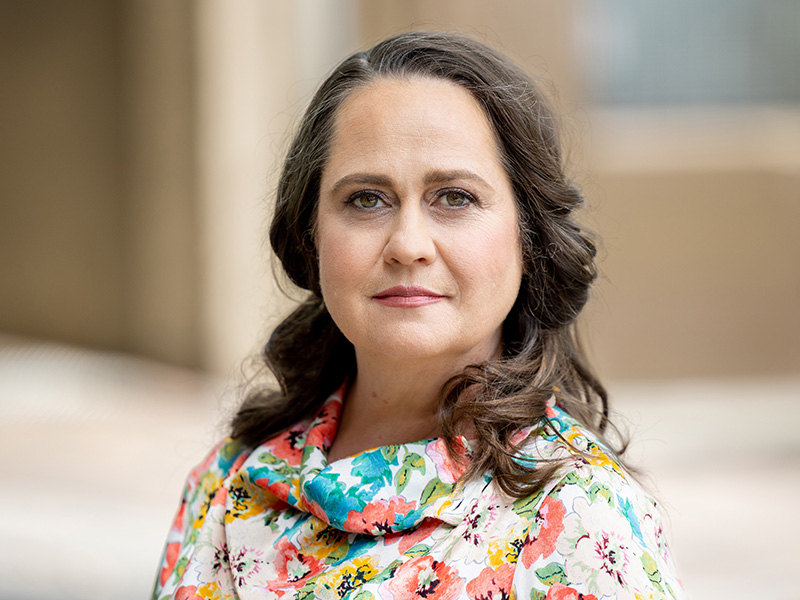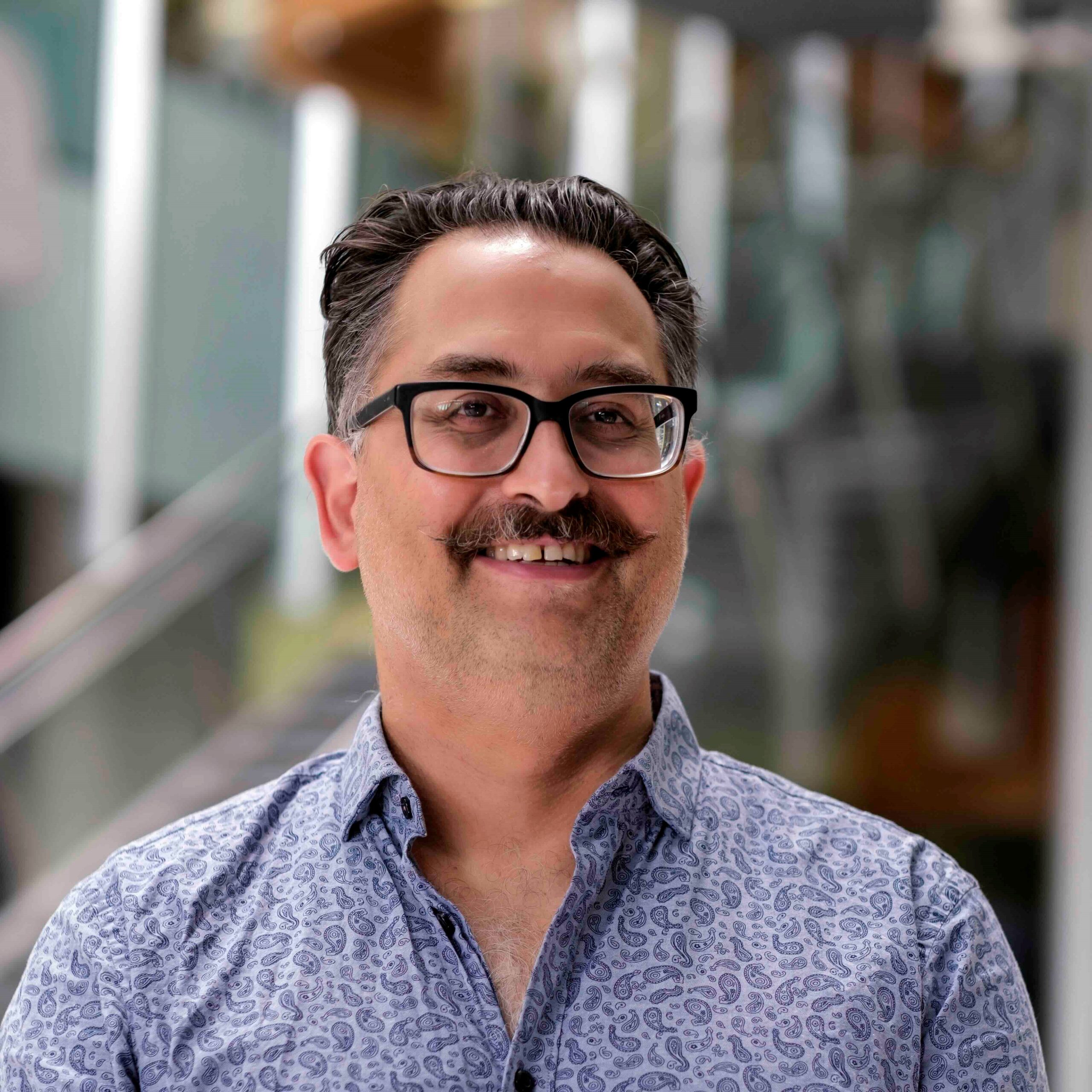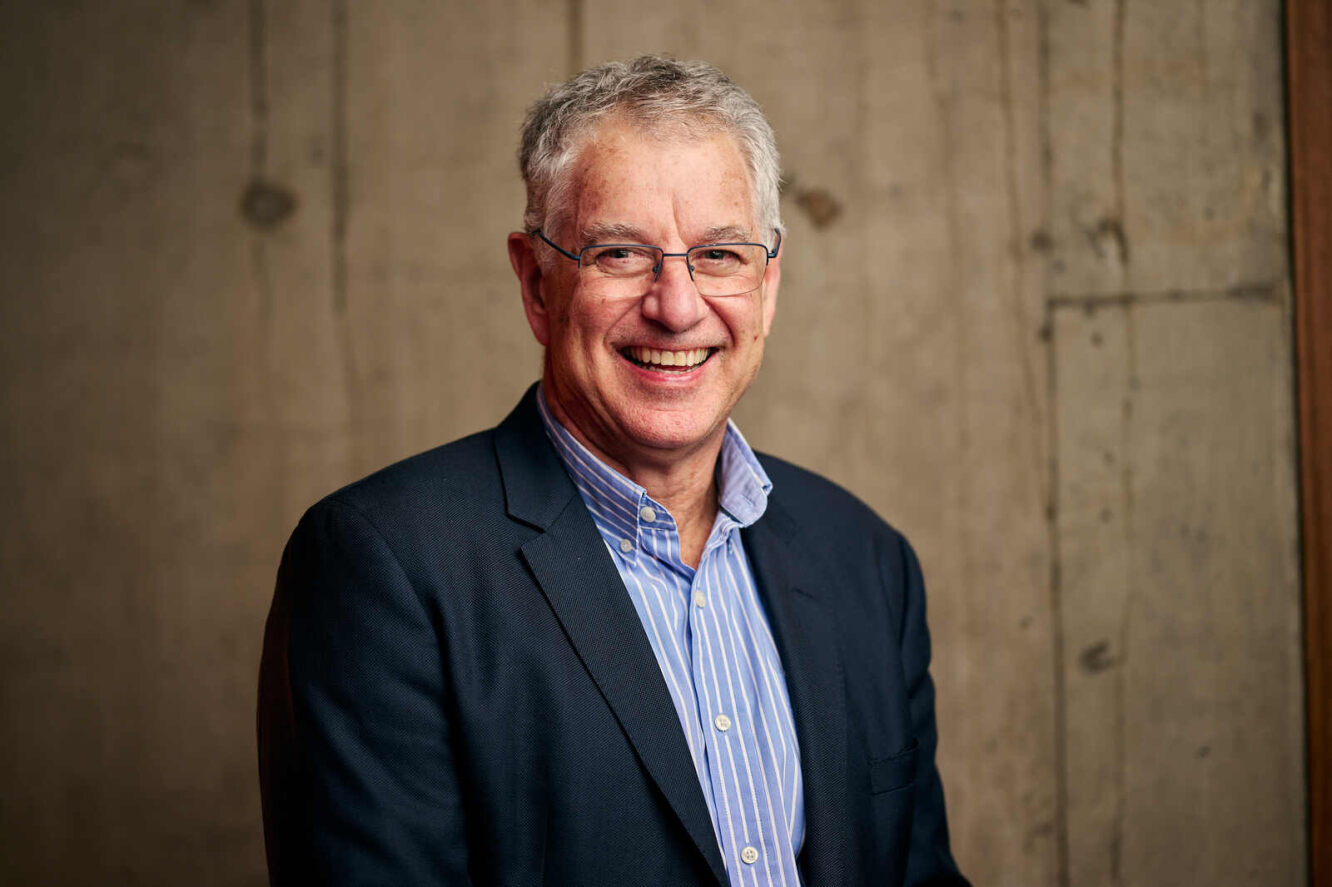Med Tech Talks
Embracing failure to succeed in business with Lusia Guthrie
Listen to Lusia Guthrie as she describes herself as the ‘accidental entrepreneur’ detailing her journey from the laboratory into industry where she founded LBT Innovations. Lusia commercialised a number of products and developed LBT Innovations into a global brand that now trades on the Australian stock exchange (ASX).
Lusia is passionate about innovation and has a proven track record of driving concepts from early ideation stages through to commercial product launch. She is currently the inaugural Chair of Neo-Bionica. She is also Chair of the Australian Lung Health Initiative, Non-Executive Director at WearOptimo, and serves on several university and government industry advisory committees.
In this episode you will hear about:
More information:
Take a look at the Neo-Bionica website: Neo-Bionica
Lusia Guthrie [00:01:55] Thank you very much.
Robert Klupacs [00:01:57] Lusia, I’ve known you a little bit, but going through the pack, I got quite a few questions for you today because I think your story is one that I think we allow our audience needs to hear some of the stuff in the beginning from where we’ve done some work on you, you entered this industry with a Bachelor of Applied Science in Medical Technology from the University of Adelaide and spent your early career as a medical laboratory scientist. What inspired you to pursue a career in science so early on?
Lusia Guthrie [00:02:26] Well, thank you for that very lengthy and kind trip down memory lane. I guess it took it takes a long time for a person to get that, get to know themselves. And I wasn’t so much inspired when I was young as thinking about how I could spend my working career usefully while also wanting to be married and and raise a family. At school, I was a bit nerdy. I was a good student. A lot of people don’t like to admit that, and I was very sad to drop the humanities subjects so that I could pursue maths one and two physics and English like all good nerds do, because those subjects seem to offer you the most openings or choices when you when you got to university. So, so I did that. And then I thought, well, if I, I studied science, then I would probably work out along the way what I was, what I was good at. While I was studying, I got a job at Queen Elizabeth Hospital in Adelaide on weekends and after hours in the clinical chemistry department. And that showed me how hospitals work, what goes on, what happens in pathology departments. And I also became a phlebotomist. So I walked around the hospital taking, taking blood. And it was a really good insight into into what went on. And when I finished my first degree, then I was offered a permanent job there, which which I took. But every time I seemed to get focussed on a particular interest, my husband would get a job somewhere else and we’d have to pack up and move. So he’s an academic in in education and our first move was to the United Kingdom while he did some further studies at Bath University. So I organised myself around that and we came back to Adelaide and then he was offered a good job in Melbourne. So we packed up and came to Melbourne. So I moved from the public pathology system to the private system, which was quite interesting. Anyway, I got settled into a good career at Durham, which when my husband was offered a good job back in Adelaide, I went back to the QE H and my boss, bless his socks, said, You’ve escaped. Go and do something else. But of course you can have your job back if you if you want it. So a friend of mine was the R&D accountant at Faulding and she said, I know you there’s a job going that they can’t fill. And instead of saying, What’s wrong with the job that can’t be filled, I said, Alright, I’ll go. And because I trusted my friend and I fell into a job at a much lower pay rates as a production supervisor nightshift in the antibiotic department and and it was fabulous it was a whole new way of life and opened up that whole business management sort of executive career path.
Robert Klupacs [00:05:44] That’s a very good segue into my next question. So you call yourself and I’ve heard you call yourself the accidental entrepreneur. Looking at your achievements and your career trajectory doesn’t really seem accidental, but could you just give our listeners some insight into how you went from the laboratory at Faulding to founding LBT Innovations? Lusia Guthrie [00:06:09] So when I was at university, if you didn’t want to have an academic career, you might have ended up in pharmaceutical sales these days. There are so many, so many choices. But when I was at Faulding, I was very involved in automation. We didn’t have, you know, and the Internet, as much as young people can’t imagine life without the Internet. We actually didn’t have mobile phones when I was at Faulding until the first one arrived in a shoe box.
Robert Klupacs [00:06:43] You were not the same age. We are.
Lusia Guthrie [00:06:44] Exactly. We understand that. So I decided to I was in my change was coming to to Faulding. And I was in my forties and female and I was sort of in a kind way culling all the older executives. And I decided that I wasn’t going to be 50 and female with somebody telling me that, you know, I might be in the sunset of my career. And so I decided I would be my own boss. So I left Faulding and I went back to university and I did my master’s in science and technology commercialisation through a course run. Jointly by the University of Adelaide and the University of Texas. And that was fantastic. That was a breathing space that stopped people or let people see me do things other than manufacturing. And at the end of that course, I hooked up with a friend who was in the finance business and we set up three start-ups. I decided very quickly that I needed to focus on one to make it work, and marrying my laboratory experience and my automation and management experience at Faulding realised very quickly that there was a dearth of innovation and automation in microbiology. So John Glasson, who was chief scientist at the Institute of Medical Laboratory Science, had patented the notion of streaking bacteria specimens onto onto culture plates instead of using tedious wire loops and Bunsen burners. And so he focussed on developing that while I built the company around it. So it was really playing to what I’d learnt in the laboratory. I understood really well how laboratories ran. I spent a bit of time in the microbiology laboratory as well. Clinical chemistry was the first of the pathology divisions to be automated. The first auto analysers arrived in the mid-seventies and the work that I’d been doing as a casual on weekends became obsolete when the when the machines arrived. These days, if you told a scientist that had to stop a reaction in 60 seconds, in 200 test tubes that die. It was, you know, all of that manual dexterity. So also at Faulding, we went through that whole change process of moving towards the notion of paperless manufacturing and the disciplines of manufacturing product for export for the FDA. So by the time I founded the company, I had a good toolkit of management experience and I had a good handle on what I didn’t know. And I’m a big believer in the CIO not doing everything themselves, but making sure that everything gets done and understanding how to prioritise where the money goes when, when problems arise. So I kind of left the lab but didn’t really leave science.
Robert Klupacs [00:10:07] I know when LBT was listed, it was it was a different stage to what a lot of companies are now and. You know, over that time, your leadership and elevating innovations, I know, heralded some incredible triumphs of innovation and development. And I watched your career. That’s why I’m so glad to be talking to you today. And you let your company’s ASX listing in 2007 raised over 55 million investment and commercialised a number of products and the company still going strong today. How do you reflect on your time in elevating innovations and in and what are you most proud of and what did you learn? Now, looking back, you think, Gee, if only I had done that instead.
Lusia Guthrie [00:10:46] Well, when I think of LBT, I think of the terrific team that I formed because it’s it takes a village to get a product to market, and you have to strike the balance of being respectful and really liking your team. But you have to also maintain that notion that if something goes wrong or if you run out of money or if someone’s square peg in a round hole, you have to respectfully, you know, let go, let go of each other. But I have very happy memories of the of the team. I have very happy memories of discussions at 430 in the morning with the FDA about how you actually verify and validate an algorithm that’s going to replace a microbiologist in in the laboratory setting. When you talk to the FDA, it’s an FDA business hours, which and you you don’t get a choice you front up and the team would always arrive and we’d take them out for breakfast afterwards. I really was thrilled to receive a prise for the automated culture plate striker in the United States, and we toddled off to New York and picked up our gold prise from the Medical Device Excellence Awards people. And a few years later, we won a Silver Award for the Artificial Intelligence, which was the EPA’s automated plate assessment system, was the first artificial intelligence technology to be cleared by by the FDA. So we were talking machine learning back in 2008, 2009. We’re all talking about it now. And the market that we’re working in finally understands what our products were we’re trying to do. So I learnt that timing is everything and you can be too early. I loved the travel. It was exhausting, but I loved seeing people work in different places. I loved seeing how the big companies compete against each other, how well they know their competitors to the point of purchasing competing instruments and pulling them apart to put them together and try and break them. We think, you know, do you know your competitors here? And we rattle off a few names, but in business, they really know their competitors and know what your product must do in order to be accepted and gain gain traction.
Robert Klupacs [00:13:20] I mean, you should’ve answered this question with some teams that had a little bit more, because my question for you was going to be after all that. What advice would you give to someone trying to drive innovation? You mentioned before, sometimes you can be too early, you know, whether they’re a young entrepreneur or a lady executive of a large company. I mean, as you said, I mean, what you did was quite amazing. My observation now is it’s really only now that people are catching on just how powerful. Lusia Guthrie [00:13:48] And it’s a strong thought that I always have is that if you’re constantly looking for grants, you’re not an entrepreneur. You need to start thinking about your technology as your company is a business and your product does as a business. There’s nothing wrong with not being an entrepreneur. In fact, the word is bandied about too much and there are too many entrepreneurs. I think we need more consolidation and collaboration and fewer CEOs and more effort around actually solving problems from from different angles. But I would say to a young entrepreneur, don’t wait to get going. You’re going to make mistakes. It’s okay to fail, pick yourself up, learn from it and move on, which comes off the tongue very glibly. But you actually have your biggest learnings from what goes wrong and from what goes right. And what I learnt while I was with the people in the mine, my cohort students in in Austin, was that, you know, we all a prerequisite for the course was that we’d all had at least eight years in business. The Americans had all formed at least two ventures that had failed and decided they’d better go back to university to learn something. Subsequently, they all, you know, went out and and were successful. But there was no shame in in failing. It meant that you took a punt. It didn’t turn out move on. So so that that would be what I would say to the young ones. Don’t think and don’t be too fussy about what you do. Our business is complex and there’s a lot to know. So the sooner you can get some experience in regulatory, in finance, in sales, in marketing, out, you know, that adds on to your own R&D experience.
Robert Klupacs [00:15:43] You mentioned something here which is really interesting and we’ve spoken a lot to people on this podcast. You mentioned people in America that you work with. They embraced failure. And my observation growing up, and I think it’s the same as yours, is a similar length of time. The industry people don’t like you when you fail. No. So how did you overcome that and do you think it’s changing? And if it’s not changing, how do we change that mindset?
Lusia Guthrie [00:16:10] I think when things go pear shaped, you fall back on the people who really matter, who are usually your friends and your family, not your boss and your stuff. So I think it’s especially for people in our sector who are highly intelligent and used to topping the class and winning the research prise. Failing at something is a really bitter pill to swallow. And I’ve known a couple of people who might have had a failure in their forties, and they’re still suffering from it in their in their sixties. That’s just a waste of time. That’s a that’s a great shame. That’s a waste of the learning that you would have got from the from the failure. But but it it hurts when it happens when you’re in. But when you’re in business. And when I was starting working it on obesity, I didn’t even want to think about failure. I was just focussed on staying out of trouble. And there’s a hair’s breadth between great success and great failure, and you’ve just got to stay focussed. But I always sought advice from someone that I thought knew better than me and was happy to listen. And I’ve had a couple of people along the way, not mentors, but people who have pulled me up to say, you could have done that better. GUTHRIE And at the time, I was really offended. And then if I really thought about it, they were right. So I think I’ve sort sought to reflect on what could have done better and then just hope that I remembered to do better next time.
Robert Klupacs [00:18:04] Yeah, well, it’s interesting because I’ve got to know you the last few years and you you play that role for me personally, but I also know you play that role for many people across Australia. But what I’m interested in learning is who is your mentor and what do you think is a what do you look for in someone to be your mentor?
Lusia Guthrie [00:18:24] I don’t know. It’s a it’s a good I’ve been thinking about this because I’ve got a group of people who I trust, who I reach out to, and they have different experiences. And I guess what I do is so varied. Not one person can do everything. But I had a wonderful friend in Mike Hirschhorn who reached out to me to say, Look, I think you’re onto something. I’d like to help. And he taught me a lot about managing outputs and managing the board and sort of being in in that in that sector. And I was really sad for myself when he when he passed and the industry lost. Lost a friend. I had a fantastic boss at Faulding who as I was moving from supervisor to production manager to operations manager, I think I said, Oh, no, I’m not ready for the operations role. I can’t do it. And he said, If you don’t apply for this role, you might as well leave the company. We’re not training you for for nothing. So I became operations manager, but he gave me a big kick to do that. So I always remember that. I think those little sliding doors moments that happen are important. I talk to my husband a lot about skills. He’s an expert in education and particularly in the vocational and technical sectors. So he’s got a wisdom beyond mine. But he also reminds me how fortunate our sector is with all the funding that is poured into it as he’s watched his sector shrink and not be appreciated. Now people are seeing the light again and we’re trying to rebuild it. You know, when I say I’ve applied for a $5 million grant or we’ve just won a $29 million MRF grant for Al H I, the numbers just boggling for him and his friends. So that keeps me humble and keeps things in perspective. As always, clever dudes in in the life sciences have fun doing what we do.
Robert Klupacs [00:20:50] It’s interesting. We’ve been asking everyone on this podcast, we hear Australia bandied around, we need to develop more innovation, we need to be more innovative. But what do you think innovation actually is?
Lusia Guthrie [00:21:01] I think innovation is a group of people who normally wouldn’t work together coming to. However, to solve a problem in an unexpected way. And I guess your cochlear implant is a prime example of of that. All those years ago when Graham Clark brought together mathematicians, physicists, nurses, doctors, it was just who would who would have thought to throw them all together? I think innovation doesn’t have to come from a university. I think innovation happens in companies that have already gotten going, understand their market and they understand the problems that that need solving. And I think they are good people to reach out to university for new capabilities, but also good people to to listen to in terms of doing things differently.
Robert Klupacs [00:21:59] When you’ve been across this sector here in this country for, let’s say, how many years?
Lusia Guthrie [00:22:04] Oh, no, long time. Well.
Robert Klupacs [00:22:06] Let me. But where right now is it where do you think is a great problem that’s ripe for innovation that could lead to something in this country?
Lusia Guthrie [00:22:15] School teachers stem teaching, encouraging our our kids to be as thrilled to be in the robotics and coding clubs as they are on the footy field. I think sports are really important, but I think we need to value our science teachers more. We definitely need to pay them more and we need to look to the future, to the next generation. I think we don’t want to confuse basic research which we absolutely need with commercialisation too much. I think the cultures are quite different and I don’t think there’s a one size fits all. So somehow we need to come to grips with leveraging what we’re innovating and what we’re developing without spoiling the research landscape, but somehow getting those two tribes to understand each other and respect each other. They don’t have to do each other’s jobs. But I think when you’re taking a technology out of research, there comes a point at which you stop fiddling with it and you start to change control as you start working along the product development path and building good design history files. So the people at the first pace need to be unfettered. They need to have the freedom to do whatever they want. But once you’re developing a therapy for a patient, it needs to be thought tightly controlled. There’s no room for innovation in manufacturing of the of the actual widget unless it’s well controlled. So I think that’s a that’s a challenge. If only we would listen to each other when we need to crack that interestingly.
Robert Klupacs [00:24:19] You’re as your career has progressed, you’re now a member of the the Innovation Taskforce of the Victorian Government. You’ve been on other Federal Government task forces and right now I know you’re advising other governments around here and also across the world. What role does government play and should it play in innovation? And then what’s your views about what the private industry and the general public should do to move forward innovation?
Lusia Guthrie [00:24:45] This is just a very personal opinion. I’m not really an expert here, but I think the government should understand and enable, and I think it behoves industry and academics to educate our hardworking public servants on what our sector is about. There’s money for grants, which is fantastic, but initiatives like the Breakthrough Victoria Fund, where the Government actually takes an equity position in in a in a company that is on its way is fantastic, that that is sharing. That is a true sharing of the risk. And I think that’s a really brilliant initiative. I think initiatives like CCS, you know, whether you say they’ve worked or not, certainly bring groups of people together. I would like to see I see some opportunities for the government to support industry more broadly in terms of bringing enabling technologies to to the country. Or for example, there are only a couple of places in the country that commercially sterilise medical devices. The waiting time to get into those or into those services is huge. If we could build one here in Victoria, that would. Indirectly be of of of great assistance. I think the manufacturing that is developing here, there was a great awards night the other night, which unfortunately I couldn’t get to, but, you know, planned out innovation is as a relatively young company and they’re doing fantastic things in in manufacturing of medical technologies, as you know, Infotech have been doing for a long time. So I think if we could. Supports more what we’ve already got, rather than building new and more things like the $20 million investment that Bush made in expanding their facility was was very welcome. I’ve seen my joint venture partner in Germany received a wonderful kickback from the German government for forming a venture that could that would enable more manufacturing to take place in in Germany. So I think some of those direct initiatives, tax incentives for business would be would be really helpful. A few years ago, we used to actually measure how much money we invested in R&D as a business at at Faulding and took that into account at tax time. There’s a raft of things that we could do. In fact, we keep talking about new initiatives. If you go back to the eighties when manufacturing was stronger in Australia, there was a lot that was being done correctly and a lot of what we’re suggesting actually goes back to what was working well 40 years ago. Now confessed how old I am.
Robert Klupacs [00:28:12] We don’t get it. I just got one last question, please. And today, my my researchers have found out something about you, which I became aware of a few few months ago, but our listeners don’t. Not many people know that you’re an Australian chess champion.
Lusia Guthrie [00:28:27] Oh, okay. Robert Klupacs [00:28:30] And can you tell us a little bit about where you left them chess came from, but from the business side? Well, I have worked a little bit with you in recent times, and I do see this strategic element. I’d love to know what you think chess has done for your business career.
Lusia Guthrie [00:28:43] Oh, look, my. I had a Russian grandfather who was a grandmaster and taught me to play chess before I learnt to speak English. When I spoke Polish until I was five and went to went to school and I studied chess at school and was captain of the chess team and all of that. It’s a wonderful it’s like meditation you’re immersing yourself in in a battle that you want to win. Don’t don’t ask me for a friendly game. If you’re playing chess, you’re going to win. And my daughter is disgusted that I don’t let my little grandsons win. But my grandfather never, never let me win. But it makes you decide what sort of game you want to play. But you may not be able to play your style of game depending on what your opponent chooses to do. So it makes you think through and learn and think about your strategy and what you’re going to do in response to what how they move according to what you do. And it becomes this intense battle of thinking, you know, ten, 12 moves ahead and more or less as you try and and win the game, what to sacrifice, where to go, when to retreat? Do you want to attack? Do you want to defend? And when you are in business and you’re in a negotiation, you absolutely have to know what you want. You have to know your walk away position. But also you have to really understand your opponent. What kind of game do they play? What’s their style of negotiation? In business, you want a win win. Not like in chess where you want to kill that king. But I think it’s great training for the brain, and I would encourage people to to train it. And, yeah, you know, I’m a I’m a follower of of a couple of people who have written books on chess as a metaphor for business life. And Garry Kasparov actually wrote a book on machine into machine learning after he lost to the IBM computer. So, yeah, it’s interesting.
Robert Klupacs [00:31:01] It was it was a really fascinating finding. And I’ve got to know you that I found that out. And then I realised, yes, I’m I’m working with a grandmaster here or now.
Lusia Guthrie [00:31:09] I’m not a grandmaster all that well.
Robert Klupacs [00:31:11] The granddaughter of a grandmaster.
Lusia Guthrie [00:31:13] Well that’s alright. Yeah.
Robert Klupacs [00:31:16] Lucia, we’ve reached the end of our podcast and I really want to thank you for taking time out of your, I know, very busy schedule to join me on Med Tech Talk’s podcast. I’m sure our listeners would agree with me when I say that there were some absolute gems of advice. Not least that last bit of a discussion about chess is a metaphor during our conversation today, and that anybody and I know you said the word you don’t like it entrepreneur, but any budding scientist or person coming into business would be foolish to ignore if they want to reach the heights that you had during your career. I hope all of you have enjoyed listening and I look forward to introducing you to our guests in future podcasts. There are links to everything we talked about in the show notes and we look forward to welcoming you next time.


